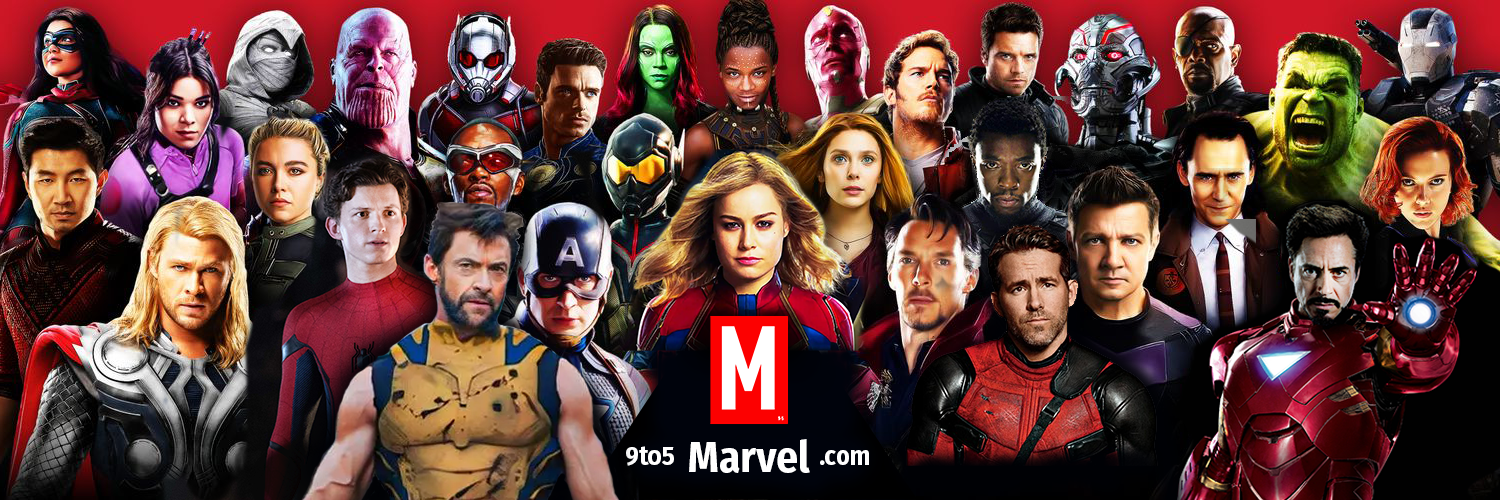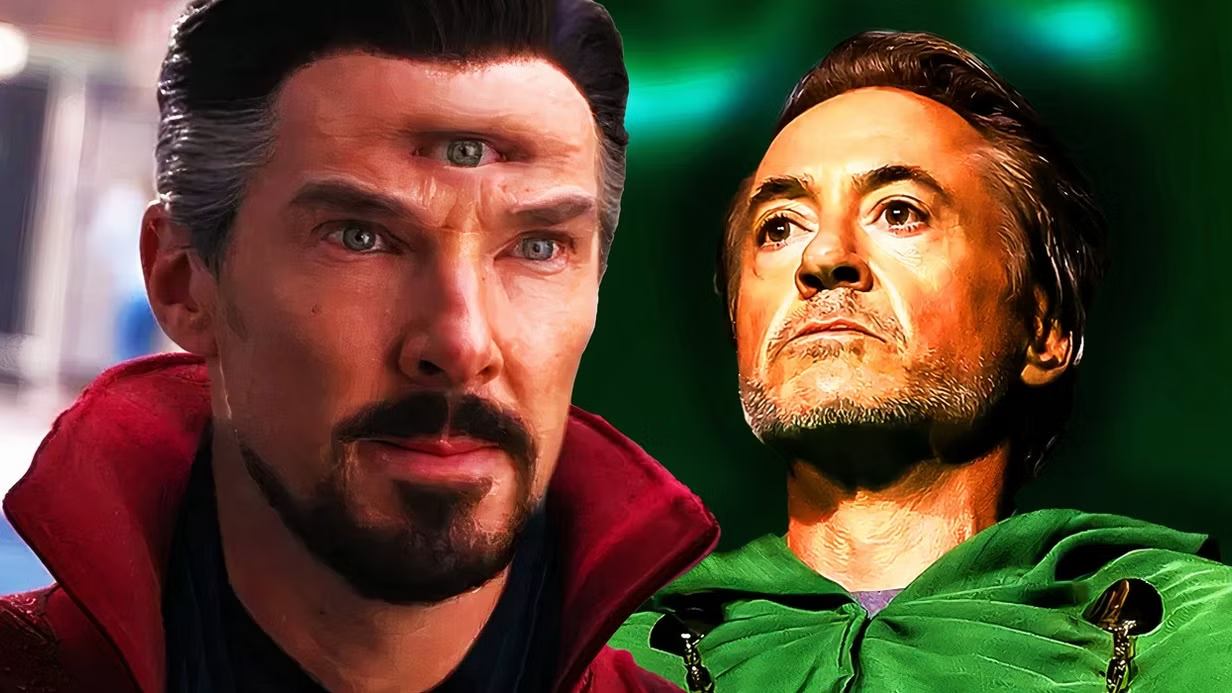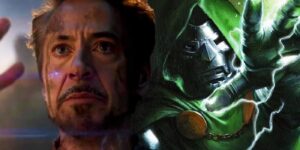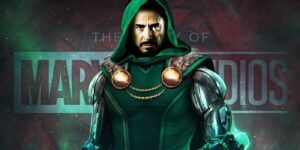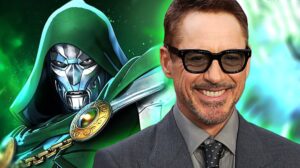Doctor Strange isn’t just another Avenger—he’s the key to everything that’s coming in the Marvel Cinematic Universe. According to a recent analysis by LoreVerse, Stephen Strange’s pivotal role in the upcoming Avengers: Secret Wars cannot be understated. From his reality-shattering decisions in Spider-Man: No Way Home to the multiverse chaos unleashed in Doctor Strange in the Multiverse of Madness, Strange’s actions have set the stage for the MCU’s most ambitious storyline yet.
The Incursion Crisis: Strange’s Burden
Rumors suggest that Doctor Strange is being blamed for sparking multiversal incursions—catastrophic events where universes collide and reality itself begins to collapse. His use of multiverse magic, particularly the botched spell in No Way Home and his dimension-hopping in Multiverse of Madness, may have triggered an irreversible chain reaction across the multiverse.
Benedict Cumberbatch recently revealed that while Strange may appear sparingly in Avengers: Doomsday, he plays a central role in Secret Wars. This positions Strange as both the instigator of the crisis and potentially its only solution—a dual role that elevates his importance to unprecedented levels in the MCU.
Clea, Doctor Doom, and the Multiverse Connection
In the post-credits scene of Multiverse of Madness, we were introduced to Clea (Charlize Theron), who warned Strange about an incursion he caused. Theories suggest Clea may have secret ties to Doctor Doom or could be manipulated by higher mystical powers, adding layers of intrigue to Strange’s journey.
The most fascinating rumor? Doctor Strange’s attempts to fix the multiverse may inadvertently enable Doctor Doom’s entry into the MCU. In the comics, Strange and Doom work together on Battleworld during Secret Wars, and the MCU seems poised to explore a similar dynamic—where the protector becomes the problem, and unlikely alliances must be formed.
Doctor Doom’s rise to power could be directly linked to Strange’s actions, making the Sorcerer Supreme both the catalyst for the villain’s emergence and the hero who must ultimately stop him. This creates a compelling narrative where Strange must navigate guilt, responsibility, and the weight of his choices.
The Narrative Anchor for Phase 6
As the MCU expands into cosmic territories and multiple dimensions, audiences need a grounding figure—and Doctor Strange is perfectly positioned to be that anchor. While the Avengers battle threats on Earth in Doomsday, Strange may be off-world with Clea, dealing with collapsing universes and the larger multiverse crisis.
His arc transforms from hero to tragic figure, possibly even to reluctant ally of Doctor Doom, before the final confrontation in Secret Wars. This journey isn’t just about power—it’s about responsibility, guilt, and the moral weight of universe-altering decisions.
The Emotional Pivot of the MCU Reset
Phase 6 represents a soft reset for the MCU, and Doctor Strange’s story enables Marvel to reconstruct reality without losing narrative continuity. His decisions will determine the rules of the next era: how the multiverse functions, what stakes the heroes face, and how they operate moving forward.
Big stories need big stakes, but they also require emotional resonance. Doctor Strange brings both—burdened by his failures, carrying the guilt of incursions, navigating trust issues with Clea, and bridging the gap between mystical realms and human heroes. He may have to sacrifice friends, entire realities, or even his own redemption to save what remains.
In the end, Doctor Strange’s importance isn’t just his magical abilities—it’s his flawed humanity. Those imperfections make him the perfect hero for a multiverse saga on the brink of collapse. He broke it, and now he must fix it, even if the cost is unbearable.
The multiverse doesn’t revolve around the Avengers. It revolves around Doctor Strange.
